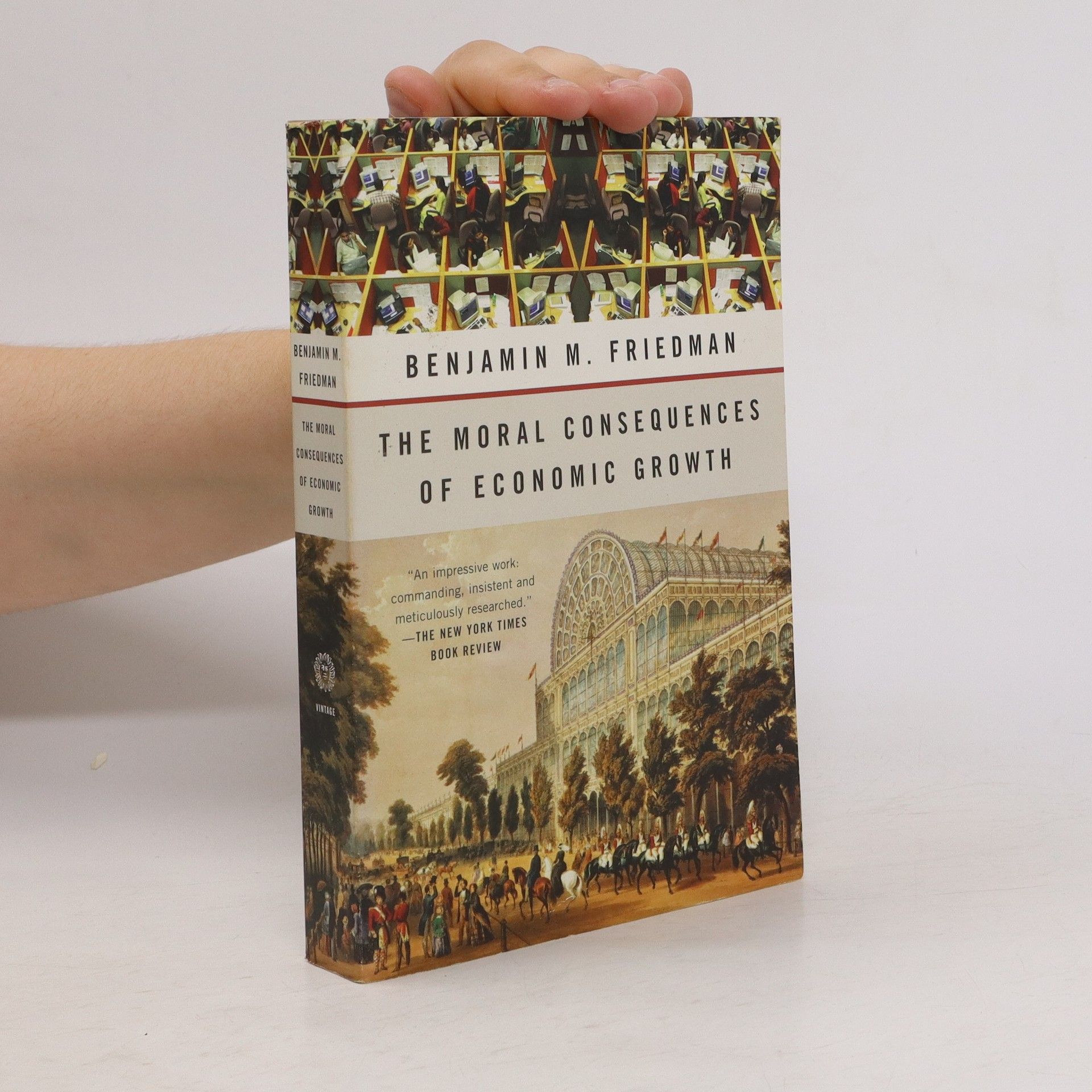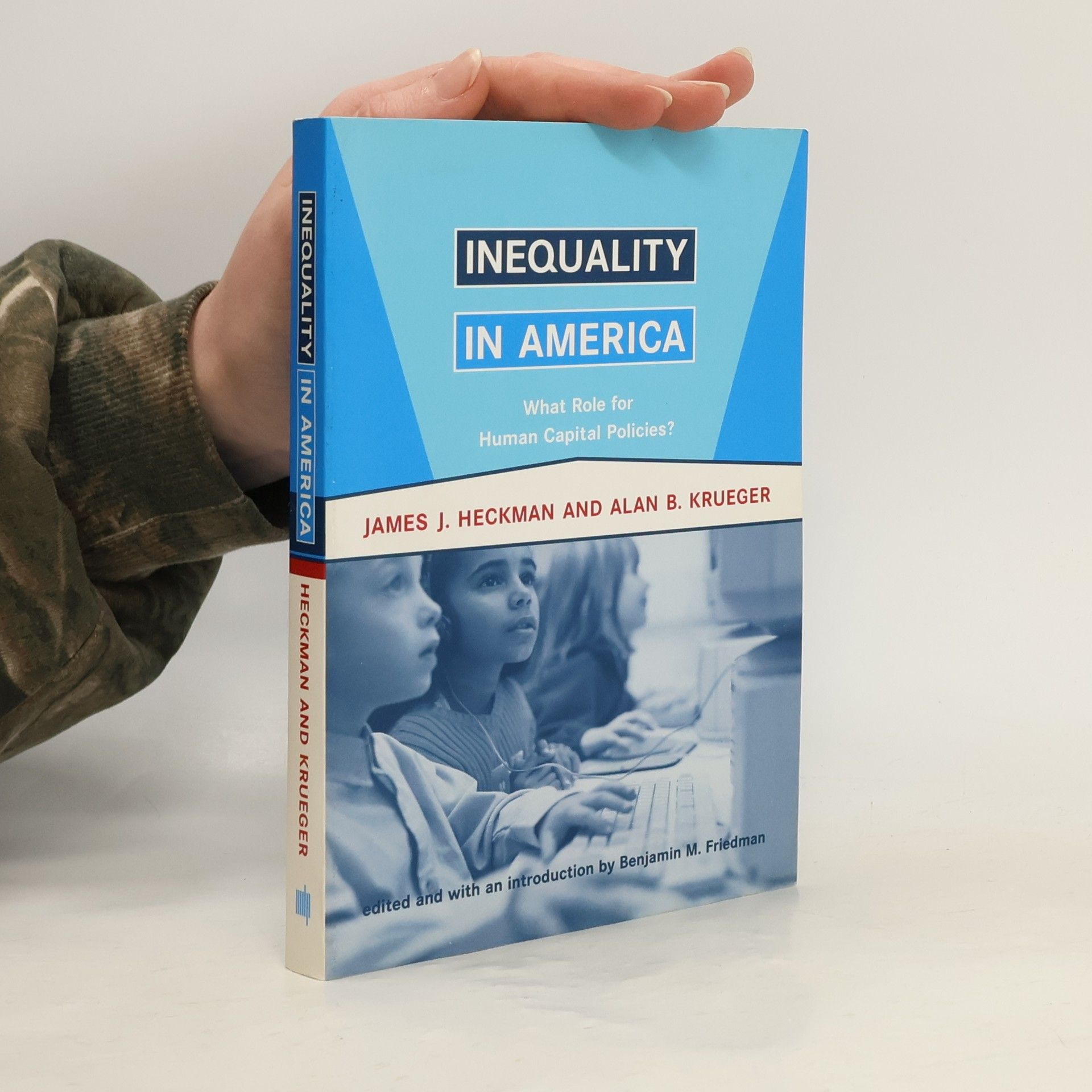Alvin Hansen Symposium Series on Public Policy: Inequality in America
What Role for Human Capital Policies?
- 384 Seiten
- 14 Lesestunden
The surge of inequality in income and wealth in the United States over the past twenty-five years has reversed the steady progress toward greater equality that had been underway throughout most of the twentieth century. This economic development has defied historical patterns and surprised many economists, producing vigorous debate. Inequality in What Role for Human Capital Policies? examines the ways in which human capital policies can address this important problem. Taking it as a given that potentially low-income workers would benefit from more human capital in the form of market skills and education, James Heckman and Alan Krueger discuss which policies would be most effective in providing should we devote more resources to the entire public school system, or to specialized programs like Head Start? Would relaxing credit restraints encourage more students to attend college? Does vocational training actually work? What is the best balance of private and public sector programs? The book preserves the character of the symposium at which the papers were originally presented, recreating its atmosphere of lively debate. It begins with separate arguments by Krueger and Heckman (writing with Pedro Carneiro), which are followed by comments from other economists. Krueger and Heckman and Carneiro then offer separate responses to the comments and final rejoinders.


